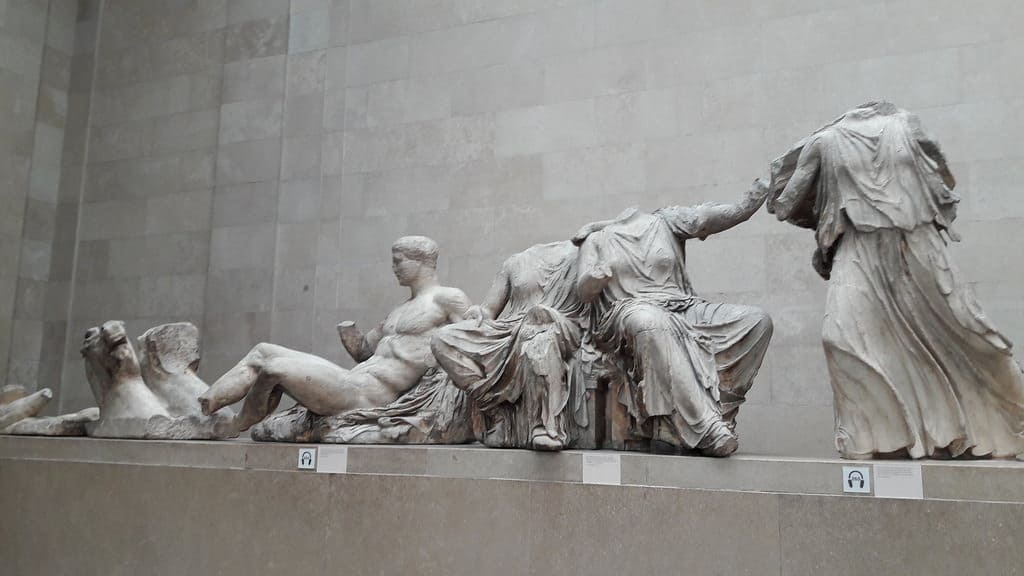Greece, often hailed as the cradle of Western civilisation, is steeped in rich history and cultural significance. From its ancient origins to its modern achievements, here are some intriguing insights into this captivating Mediterranean nation:
- Cradle of Civilization: Greece holds the esteemed title of the cradle of Western civilization. It is the birthplace of democracy, Western philosophy, the Olympic Games, literature, historiography, political science, scientific principles, and drama.
- Ancient Athens: With a recorded history spanning over 3,400 years, Athens stands as one of the oldest cities globally, bearing witness to millennia of human civilization.
- Archaeological Abundance: Greece boasts more archaeological museums per capita than any other nation, offering a treasure trove of artifacts that illuminate its rich history.
- Island Diversity: Comprising thousands of islands, Greece presents a diverse tapestry of landscapes and cultures, with approximately 227 of these islands inhabited, each with its own unique charm and character.
- Sunshine State: With over 250 days of sunshine annually, Greece is one of the sunniest destinations worldwide, attracting sun-seekers and nature enthusiasts alike.
- Mount Olympus, Home of the Gods: Rising majestically as Greece’s highest peak, Mount Olympus holds mythical significance as the abode of the ancient gods, presided over by Zeus, the king of the Olympian pantheon.
- Olive Legacy: The olive tree holds deep-rooted historical and cultural significance in Greece, with olive oil serving as a culinary cornerstone and ancient Olympic champions adorned with olive wreaths.
- Democratic Origins: The concept of democracy took root in ancient Athens around 508-507 BC, under the visionary leadership of Cleisthenes, laying the groundwork for modern governance systems.
- Language Legacy: Greek stands as one of the oldest written languages globally, with a linguistic lineage spanning over 3,000 years, embodying a testament to cultural continuity and resilience.
- Sponge Capital: Greece reigns supreme as the leading producer of sea sponges, a testament to its maritime heritage and economic prowess.
- Symbolic Flag: The Greek flag's nine stripes symbolize the nine syllables of the phrase "Eleftheria i Thanatos" (Freedom or Death), encapsulating the nation's indomitable spirit and storied struggle for independence.
- Feta Tradition: As Greece's national cheese, feta holds a revered status in Greek cuisine, with strict geographical indications dictating its production and quality standards.
- Blue Zone Enigma: The island of Ikaria is one of the world's Blue Zones. It is renowned for the longevity of its inhabitants and offers insights into the secrets of a long and fulfilling life.
- Antikythera Mechanism: Unveiling the mysteries of ancient technology, the Antikythera mechanism, discovered off the coast of Greece, serves as the world's earliest known analog computer, offering insights into celestial navigation and astronomy.
- Maritime Mastery: Greece boasts a rich maritime tradition, commanding the largest merchant navy globally in terms of tonnage, underscoring its prowess as a seafaring nation.
- Pantheon of Deities: Ancient Greek mythology teems with a diverse pantheon of gods and goddesses, with Mount Olympus serving as their celestial abode, influencing countless aspects of Greek life and culture.
- Theatrical Heritage: Originating in Athens, traditional Greek theatre serves as the bedrock of Western theatrical traditions, embodying the essence of storytelling and artistic expression.
- Santorini's Volcanic Legacy: Despite its picturesque vistas and iconic sunsets, Santorini harbors a tumultuous past, marked by one of the largest volcanic eruptions in recorded history around 1600 BC.
- Olympic Revival: The ancient Olympic Games, dating back to 776 BC, held in reverence to Zeus in Olympia, experienced a modern resurgence in 1896 in Athens, Greece, rekindling the flame of athletic competition and international camaraderie.
- Philosophical Prodigy: Socrates, hailed as the father of Western philosophy, left an indelible mark on intellectual discourse despite never committing his teachings to writing, inspiring generations of philosophical inquiry.
- Cultural Identity: While Romans bestowed the name "Greece," Greeks themselves refer to their homeland as "Hellas" or "Ellada," identifying as "Hellenes," embodying a profound connection to their ancient heritage and cultural identity.


